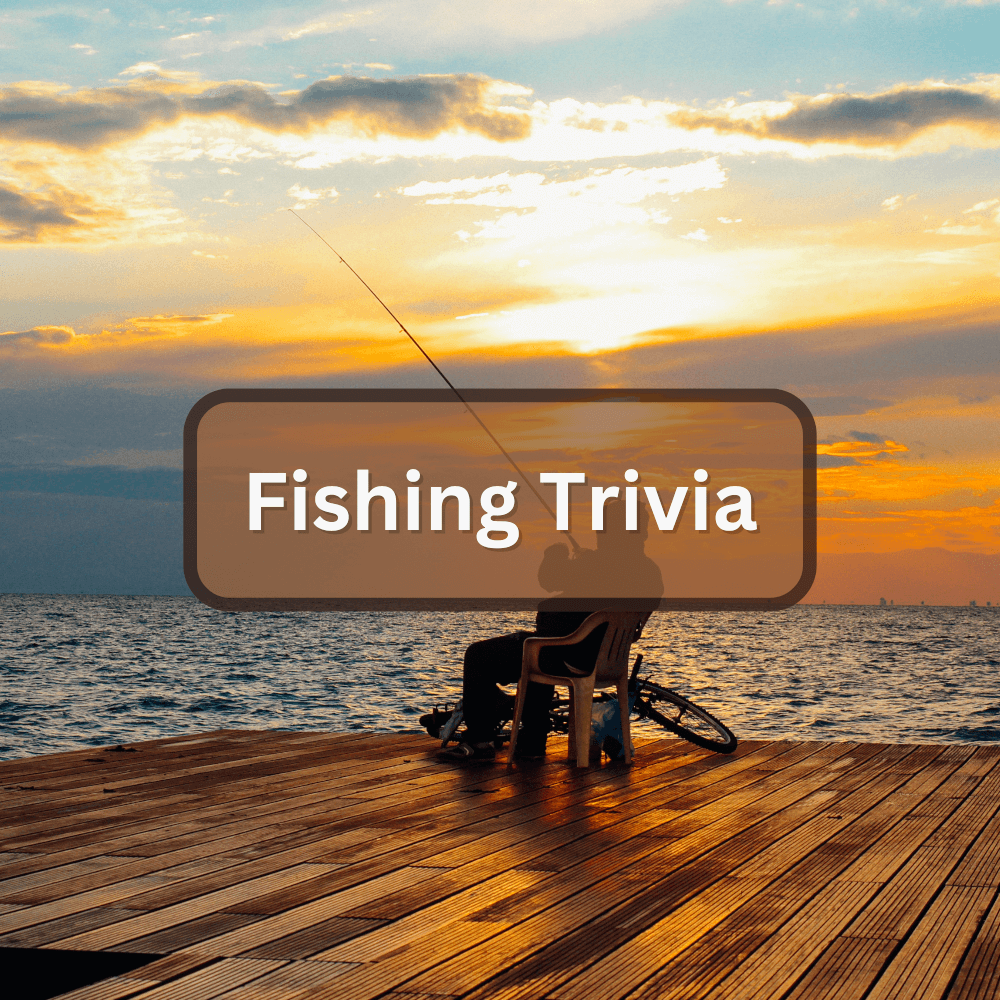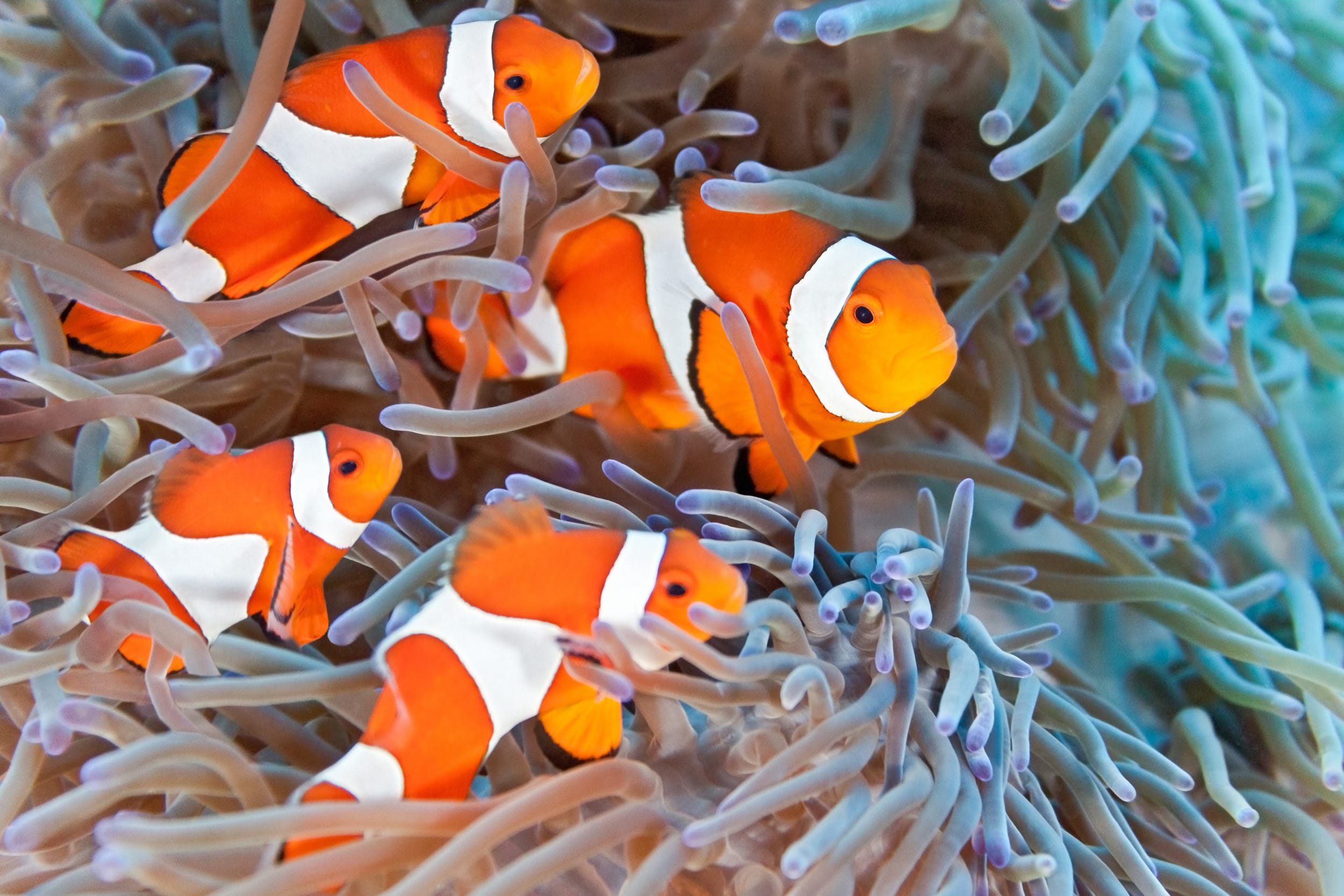Fishing Trivia: 7 Surprising Facts You’ll Love Sharing on Your Next Trip

Fishing isn’t just about bait and patience — it’s a global tradition, an ancient survival skill, and a modern sport with countless stories. If you think casting a line is all there is to it, think again. Here are 7 fishing trivia facts that prove how wild, weird, and wonderful this world is.
Humans Have Been Fishing for Over 40,000 Years
Before farming and cities, our ancestors primarily relied on fishing. Archaeologists discovered fish hooks made from seashells in Timor-Leste (Southeast Asia) dating back over 23,000 years. These early humans fished in deep ocean waters, demonstrating the central role fishing played in their survival. That means when you fish today, you’re continuing a tradition older than written language.
Catfish Taste With Their Whole Bodies
You might think your tongue has taste power, but catfish are way ahead. They have over 27,000 taste buds, and not just in their mouths. Their skin, especially around their whiskers (called barbells), helps them “taste” the water. This amazing ability allows catfish to find food in murky, dark environments. If you’ve ever wondered how they find your bait so fast, now you know.
Some Fish Can Fly (Seriously!)
Flying fish are real — and they glide through the air to escape predators like tuna and dolphins. Using their long pectoral fins like wings, they can leap out of the water and glide over 600 feet! While it’s not exactly flying like a bird, this adaptation gives them an edge in survival and makes for one of the coolest things to witness at sea.
Fishing Hooks Were Once Made from Bone, Shell & Wood
Long before metal, fishing gear was handcrafted from nature. Hooks were carved from bone, wood, shell, and even bird beaks. Ancient Egyptians used bronze hooks around 1200 BCE, but others relied purely on sharpened natural materials. It’s a reminder that fishing is older — and more inventive — than we often give it credit for.
Bananas Are Bad Luck on Boats (But Why?)
Many experienced anglers avoid bringing bananas on fishing boats. It sounds silly, but the superstition goes back centuries. Some theories say bananas spoil quickly and attract bugs. Others believe that during trade voyages, banana-laden ships had fewer fish or accidents. Regardless of the reason, many boaters today still won’t let you aboard with one — just in case.
Some Fish Change Their Gender
Yes, it’s true. Species like clownfish and wrasses can switch sexes during their life. For clownfish, if the dominant female in the group dies, a male will transform into a female to maintain the breeding cycle. It’s one of nature’s most fascinating biological systems — and adds a whole new twist to your favorite animated fish movies!
Fishing Is Proven to Improve Mental Health
Fishing isn’t just good for dinner — it’s good for the brain. Studies show that fishing helps lower stress and anxiety, improves focus, and promotes mindfulness. In fact, fishing therapy is used for veterans with PTSD. Whether it’s the rhythm of casting, the sound of water, or the joy of catching something, the impact is real — and healing.
Conclusion
Whether you’ve been fishing for decades or just picked up your first rod, these fishing trivia facts show there’s always more to learn. It’s not just about catching fish — it’s about connecting with ancient traditions, respecting wild creatures, and maybe avoiding a banana or two. So next time you’re out by the water, share a fact or two. You’ll not only impress your fishing buddies, but you’ll also remember why fishing is one of humanity’s oldest and most magical pastimes.





